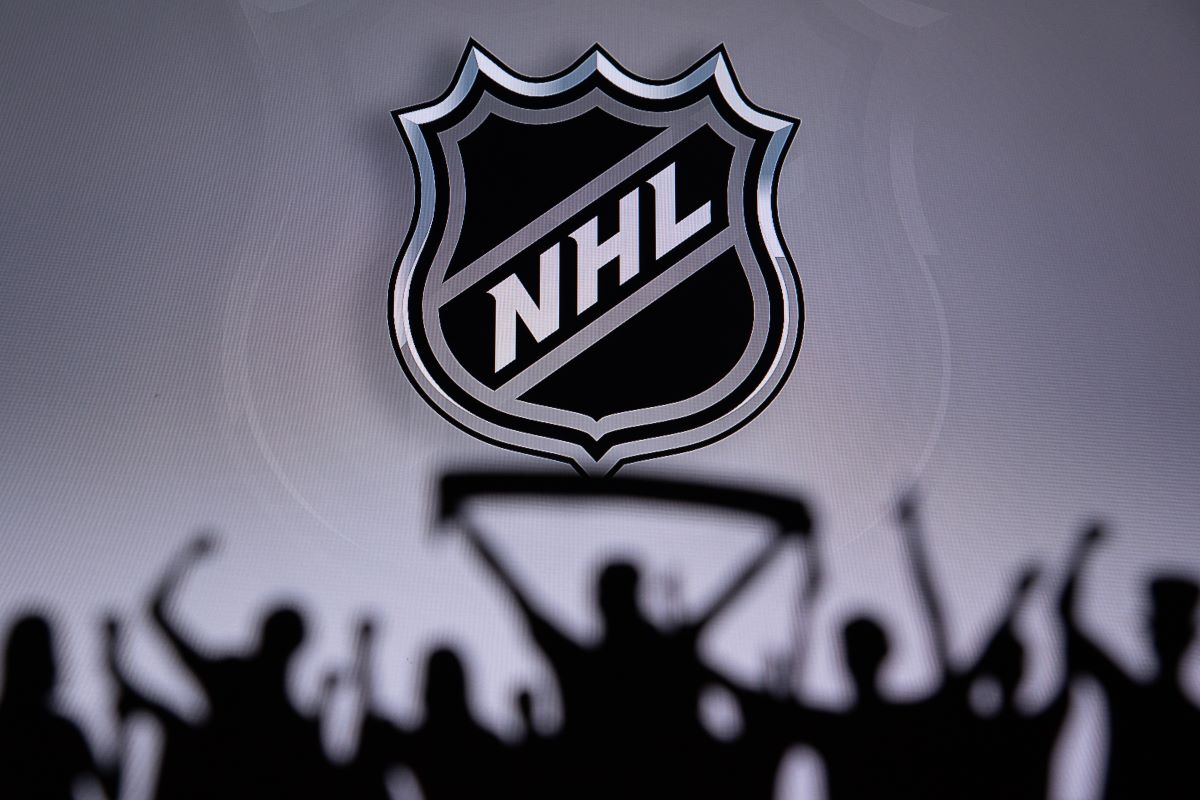
Major sports leagues warn Canadian lawmakers over advertising
NFL, NHL tell Senate to tread with caution on betting ads
Amid the return of the debate on sports betting advertising to the Canadian Senate in recent weeks, the NFL and the NHL both wrote to lawmakers to advise them against heavy-handed measures.
The Standing Committee on Transport and Communications spent several hours over the last two weeks hearing from witnesses before moving Bill S-269, the National Framework on Advertising for Sports Betting Act, onto the full chamber for further review. Witnesses included the Canadian Gaming Association (CGA), the Canadian Association of Broadcasters, the Responsible Gambling Council, the Canadian Radio-television and Telecommunications Commission and several mental health and youth services organisations.
While those discussions were going on, senators received official letters from the NFL and the NHL which have been published on the Senate website. Each league’s representative argued that federal intervention in how sportsbooks can advertise could have significant repercussions.
“The elimination of illegal gambling, especially offshore betting operators, requires not simply a legal alternative, but robust, active monitoring and enforcement backed by significant civil and criminal penalties for violations,” wrote the NFL’s VP of Public Policy and Government Affairs Jonathan Nabavi. “A state passing sports betting legislation does not guarantee on its own, however, that it will minimise the illegal market in that state due to several factors.”
In particular, Nabavi argued (in italics, for emphasis) that “unreasonably curtailing responsible advertising will inevitably hamper the important effort to channelise illegal sports betting into the legal market.” He asserted in his letter that illegal sports betting operators do not use integrity monitoring processes and do not protect Canadian consumers.
“Canadians’ money wagered on these illegal platforms is flowing offshore to fund enterprises and individuals with no transparency,” he wrote.
Conal Berberich, group vice president and deputy general counsel for the NHL, added in his own letter that while the league supports Bill S-269’s “consumer protection orientation,” the league does not believe national legislation is needed. Berberich pointed to “the healthy cooperation among industry stakeholders promoting consumer protection that already exists and the ongoing successful sportsbook regulatory environment at the provincial level.”
“We also believe that limiting sportsbook advertising by legislative caveat may ultimately prove to be counterproductive,” added Berberich, noting that such advertising offers brands an opportunity to compete and distinguish themselves from one other. Ontario’s market does not allow operators to advertise sign-up bonuses and similar inducements, something numerous observers have said forces them to get creative with their advertising.
Other leaders also question need
The NFL and NHL letters echoed a call made by Canadian Football League (CFL) commissioner Randy Ambrosie earlier this year.
Back in June, Ambrosie wrote that “while Bill S-269 may be well-intentioned, we do not agree a national framework is required to regulate the advertising of sports betting in Canada.” He, like the NFL and NHL officials, pointed to measures that the league already takes to monitor the amount of nature of sportsbook advertising.
“We strongly believe that the measures we, and other sports leagues, have put in place support our contention that a national framework, as envisioned by Bill S-269, is not necessary,” added the CFL chief.
It’s not only sports leagues.
At last week’s committee session, CGA President and CEO Paul Burns told senators in his opening remarks that he does not believe a national framework is required. Instead, he called for more research and consultation on the advertising issue.
Leaders of Canadian broadcast associations reported at the same session that the volume of advertising being requested by operators has already decreased from the initial peak during the early days of the regulated Ontario market. It was also stressed during the meeting that much of the advertising seen on Canadian broadcasts of major-league sports comes in from the U.S. and therefore is difficult to curb.